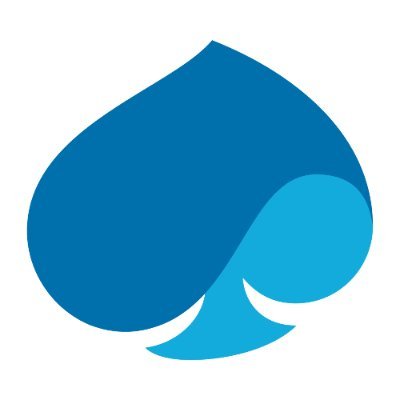
Capgemini Engineering — Data Analyst Case Interview: Client KPI Diagnostics and BI Storytelling
This Capgemini case interview simulates a client engagement where you act as a Data Analyst embedded in an engineering delivery squad. The case mirrors real Capgemini projects by balancing business-first problem framing with hands-on analytics, data quality rigor, and clear stakeholder communication across a global delivery model. What the case covers: 1) Client context and scoping (Capgemini style): You receive a short client brief (e.g., a retail e‑commerce company seeing margin erosion post‑promotion). You’re expected to translate ambiguous asks into concrete objectives and measurable KPIs, surface assumptions/risks, and outline a pragmatic analysis plan that could be executed within a distributed team (onshore/offshore) using the client’s tech stack. 2) Data understanding and quality: Given a small, anonymized extract (fact_sales, dim_products, dim_customers, dim_calendar) and a data dictionary, you identify data issues (missing values, duplicates, late-arriving facts), propose remediation steps, and call out GDPR/PII handling appropriate for a global client. Emphasis on Capgemini’s responsible, sustainable-by-design mindset (e.g., minimizing data copies, access control). 3) Core analytics tasks: a) SQL-style querying to build KPIs (net revenue, gross margin, promo uplift, repeat purchase rate), b) Exploratory analysis to isolate drivers (mix, price, discount depth, seasonality, channel), c) Basic statistical reasoning (confidence intervals/hypothesis testing or A/B test outline for a promo change), d) Feature/metric prioritization aligned to client outcomes rather than purely technical novelty. 4) BI visualization and storytelling: Sketch or outline a minimal yet executive-friendly dashboard (Power BI/Tableau) with 3–5 visuals (e.g., margin waterfall, cohort retention, promo effectiveness by segment, calendar heatmap). You must articulate design choices, drill‑throughs, and how this dashboard supports weekly rituals for business and engineering stakeholders. 5) Recommendation and delivery plan: Present trade‑offs and a two-week pilot plan typical of Capgemini engagements: quick wins, backlog items, data quality fixes, and deployment considerations on common client platforms (Azure/AWS/GCP). Show how you’d collaborate across a global delivery network, define acceptance criteria, and measure value (e.g., +2 pp margin improvement in top SKUs). 6) Culture and client-facing behaviors: Assessors look for inclusive, collaborative communication, structured thinking (MECE/issue tree), time-boxing, and a consultative tone consistent with Capgemini’s purpose of unleashing human energy through technology for an inclusive and sustainable future. Format and flow (suggested by Capgemini interviewers): - 10 min: Case brief and context download - 5 min: Clarifying questions and hypothesis framing - 25 min: Analysis deep-dive (walk through SQL logic/EDA approach; pseudocode acceptable) - 15 min: Dashboard outline and data storytelling - 10 min: Recommendations, delivery plan, and risks - 10 min: Q&A, challenge questions, and reflection Evaluation rubric (what interviewers score): - Business framing: Turns vague goals into KPI-driven questions; aligns to client value and feasibility. - Data rigor: Spots quality issues; proposes realistic fixes; mindful of privacy/compliance. - Analytical correctness: Sound SQL/metrics; appropriate statistical reasoning; defensible assumptions. - Communication: Clear, concise narrative; stakeholder-aware visuals; confident but collaborative style. - Delivery mindset: Actionable next steps, acceptance criteria, and alignment to an agile/global delivery model. What to bring to the case: Structured questions; a lightweight analysis plan; example SQL/logic for KPI creation; a simple dashboard sketch; and a concise recommendation with measurable impact and next steps.
8 minutes
Practice with our AI-powered interview system to improve your skills.
About This Interview
Interview Type
PRODUCT SENSE
Difficulty Level
3/5
Interview Tips
• Research the company thoroughly
• Practice common questions
• Prepare your STAR method responses
• Dress appropriately for the role